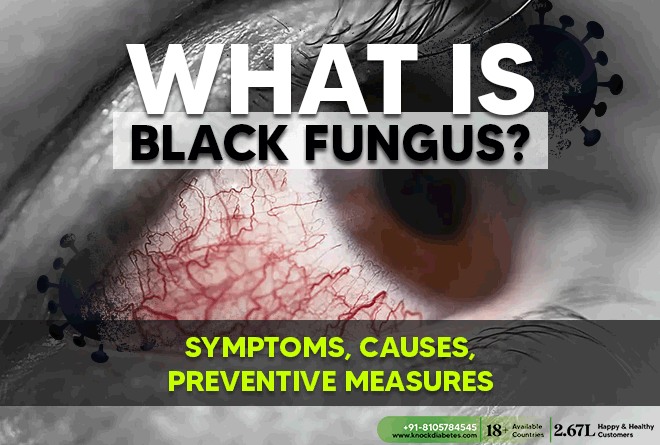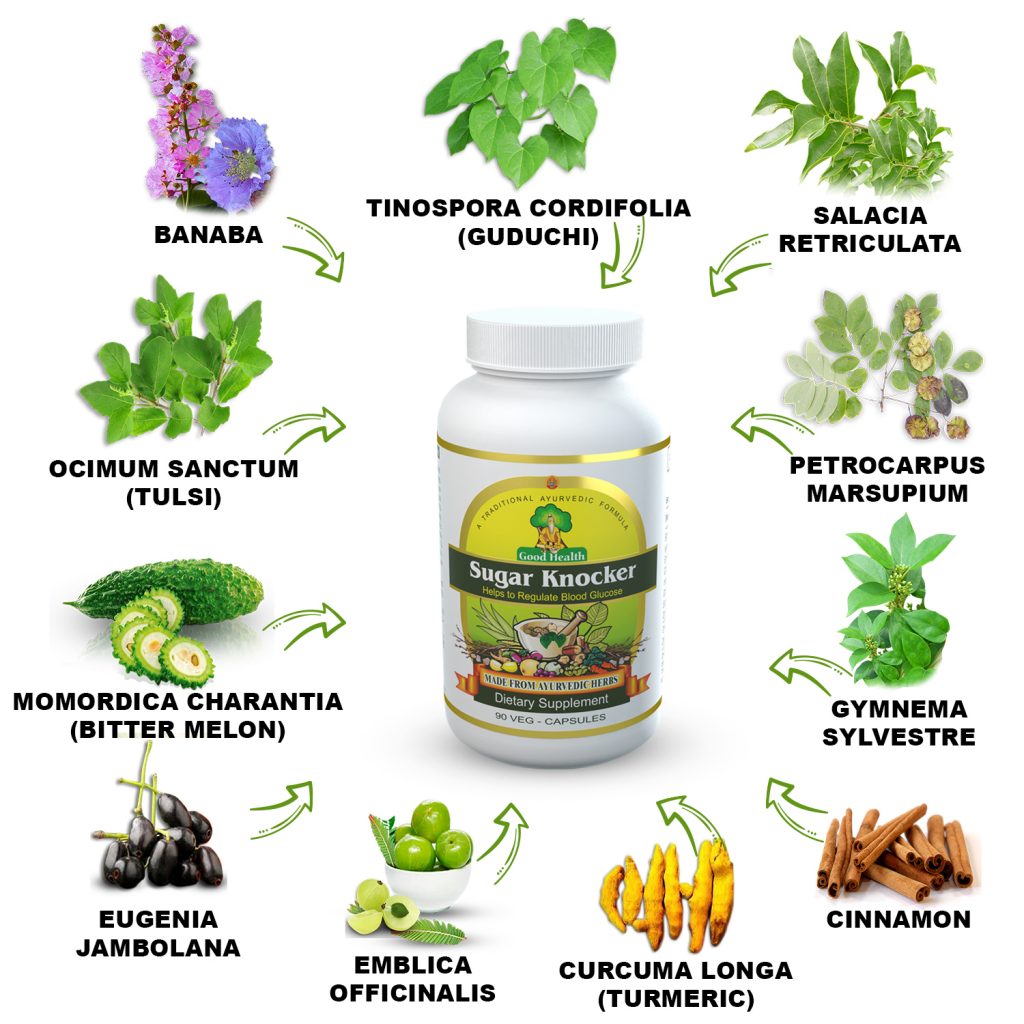
What is Black Fungus or Mucormycosis?
Mucormycosis or black fungus is an unusual infection caused due to exposure to a mould called mucor mould. It affects the sinuses, lungs, and brain. It is a disease commonly affecting patients with diabetes, HIV AIDS, and cancer.
Covod-19 survivors, particularly the ones featuring co-morbid fitness issues like cancer, diabetes, kidney problems, and heart problems, are quite susceptible to Black Fungus.
Also, Mucor is not transferable unlike Covid.
Can mucormycosis be treated?
Yes, mucormycosis is treated using antifungal medication. Some of the medicines used include Liposomal Amphotericin B, Isavuconazole, and Posaconazole.
Surgery is recommended as a part of the treatment. It is essential to note that prognosis is quite dependent on early detection and management.
How is Black Fungus Caused?

The major cause identified for Black Fungus is the unhygienic way of transmission of oxygen to patients combined with the random usage of steroids in the patients of Covid.
Whom does Black Fungus affect?
Black Fungus majorly affects patients suffering from diabetes, Covid, and the ones on steroids. Such patients are majorly prone to contracting the black fungus infection.
An ICMR-Health Ministry stated that major risk factors of Black Fungus include uncontrolled diabetes mellitus, extended ICU stay, voriconazole therapy, immunosuppression by steroids, and malignancy
Black Fungus & Diabetes

In relation to black fungus and diabetes, doctor experts say that covid-19 patients have a high risk of contracting black fungus infection.
A senior neurosurgeon at AIIMS states that covid patients within the first 6 weeks of the treatment are at the maximum risk of contracting the infectious black fungus disease.
Symptoms of Black Fungus

Mucormycosis or Black Fungus disease primarily affects people healing from Covid-19. There are some common symptoms of Black Fungus. Let us take a look at them listed below.
- Discoloration or blackening over the nose
- Chest pain
- Facial pain
- Double or blurred version
- Unilateral nasal obstruction
- Coughing blood
- Swelling
- Breathing difficulties
- Watery eyes
- Numbness
Mucormycosis dominantly affects the eyes, the synuses and can even get to the brain, and nasal passage. There are also records of pulmonary mucormycosis.
What must patients do if they experience any of the above symptoms?

The All India Institute of Medical Sciences has declared a set of guidelines for people who detect the symptoms of Black Fungus disease. They are as follows:
- If you experience any of the symptoms of black fungus you must immediately consult an ophthalmologist, ENT doctor, or a specialist who treats in the case of any unusual findings.
- What comes next is getting regular treatment and timely follow-ups. Strict monitoring and control of blood sugar levels in diabetic patients is also an essential requirement.
- Timely treatments and follow-ups for various other comorbidities.
- Do not rely on self-medication and try steroids, antibiotics, and anti-fungal drugs. Take medication only as prescribed by a specialist.
- CT scan or MRI with contrast-orbit and paranasal, if needed, on the advice of your doctor.
Precautionary measures to Avoid Black Fungus

Since black fungus in India is rapidly spreading, people with certain medical conditions must be more careful and cautious. They must monitor their health constantly and also take preventive measures to keep themselves safe. The preventive measures are listed as follows:
- Diabetic patient, covid positive patient, and steroid users – When all these three conditions combines, the risk of getting black fungus infection is highest. Therefore, diabetic patients should always keep a track of their blood sugar levels and monitor the numbers from time to time.
- Misuse of steroids is also a matter of concern as it affects the immune system of an individual. Therefore, try to take no or minimum steroids as medication. Consult a specialist for better knowledge of steroid medication.
- Patients suffering from Covid with a mild form of infection must strictly keep away from taking steroids. In the cases of mild covid positive patients, there is no use of steroids. On the other hand, taking steroids increases the risk of developing Mucormycosis infections. It develops a high risk of fungus infection even after one recover from Covid. In such a case, taking steroids can be completely avoided.
- Patients who are receiving steroids must keep a track of their blood sugar levels. In cases, where the patient is non-diabetic, the blood sugar levels shoot up to 300-400 after the consumption. Therefore, it is essential to keep a continuous track of your blood sugar levels.
- Taking a high dose of steroids of covid patients is not recommended. Moderate to mild doses of steroids are good to go. As per the recorded data, steroids should be given to patients for a maximum of five to ten days. Steroids tend to shoot up the blood sugar level that further becomes difficult to control.
- Another precautionary measure includes wearing masks at all times. The fungal spores are present in the air that can easily enter the body via the nose. Therefore, to stay away from getting infected, make sure to stay properly masked at all times.
Other preventions to be followed
- Daily sanitization of the mask.
- For anyone using Oxygen Concentrators, make sure to regularly clean and replace humidifiers.
- Double mask yourself if possible.
- The normal saline used in the humidifier bottles should be sterilised and hanged daily.
- Never miss out even a minor symptom.
- Work on improving your immunity by making natural and healthy lifestyle changes.
Who is at high risk?

Black Fungus infection affects several already ill individuals and puts them on high-risk radar. People with a weak immune system are one of the lots at high risk of contracting black fungus infection. Furthermore, people with diabetes are also at higher risk of infection.
Black fungus infection is said to have taken root when patients suffering from Covid were given treatment at home without paying attention to the uncontrolled levels of blood sugar.
Therefore, since Covid compromises the immune system of patients, there is a high risk of occurrence of black fungus in patients. And since the treatment of Covid leads to weakening the immune system, it puts patients at much higher risk of contracting the black fungus disease.
Covid and Diabetes
Covid does not only worsen diabetic conditions but also causes non-diabetic persons to develop it. Increased blood sugar levels offer a favorable environment for the fungus to thrive.
[Read: Turning Diabetes Into a Positive Force]Conclusion:
Key to Avoid Black Fungus & White Fungus in Diabetics is Managing Blood Sugar Levels and Immunity
Expert doctors state that be it black fungus or white fungus, the ideal way to keep away from them both is maintaining good immunity and sugar control. Moreover, one should make these a way of lifestyle to sustain good health.
People suffering from diabetic conditions have dampened immunity, which means, they already possess a high risk of contracting the black and white fungus.
However, staying safe in the current scenario is not that difficult task if you keep a regular check on your blood sugar levels and work to enhance your immunity in an organic manner.

